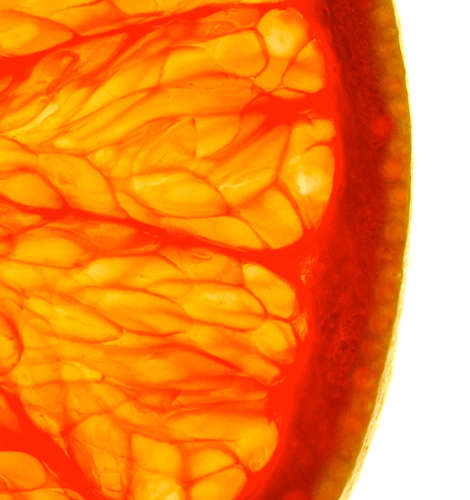Brain tumor progression in mice was inhibited after researchers successfully delivered brain cancer gene therapy using a new, noninvasive intranasal method with grapefruit-derived nanoparticles.
This success demonstrated the feasibility of using intranasal delivery of RNA (extracellular RNAs) gene therapy to treat brain cancers, or even deliver other drugs to treat other brain diseases.
A difficult passage
The inability to safely deliver drug directly to the brain has proven a key obstacle in developing effective drugs for the treatment of many central nervous system diseases. In fact, numerous promising drug treatments have been abandoned because of this formidable hurdle.
Intranasal drug delivery offers some promises. But the amount of drugs that have been successfully transported and delivered using this method is minimal due to multiple reasons, including the inability to target specific tissues or to overcome toxicity, and production scalability concerns.
The perfect vehicle?
Now, researchers at the University of Louisville have devised a method of intranasal delivery using nanoparticles (called nanovectors) extracted from grapefruits.
These grapefruit-derived nanovectors, which are made of lipids and can easily be scaled up for production, naturally encapsulate small RNAs and proteins, making them highly efficient in delivering a variety of therapeutic agents.
The researchers paired nanovectors with polyethylenimine, an enhancer for delivering nucleic acid to the brain. Polyethylenimine is toxic, and the grapefruit-extracted nanovectors also served to neutralize this toxicity.
Results of the study show that the intranasal delivery of RNA miR17, which provides effective therapeutic treatment of the targeted mouse brain tumor, was successful. Brain tumor progression in the mice was inhibited.

